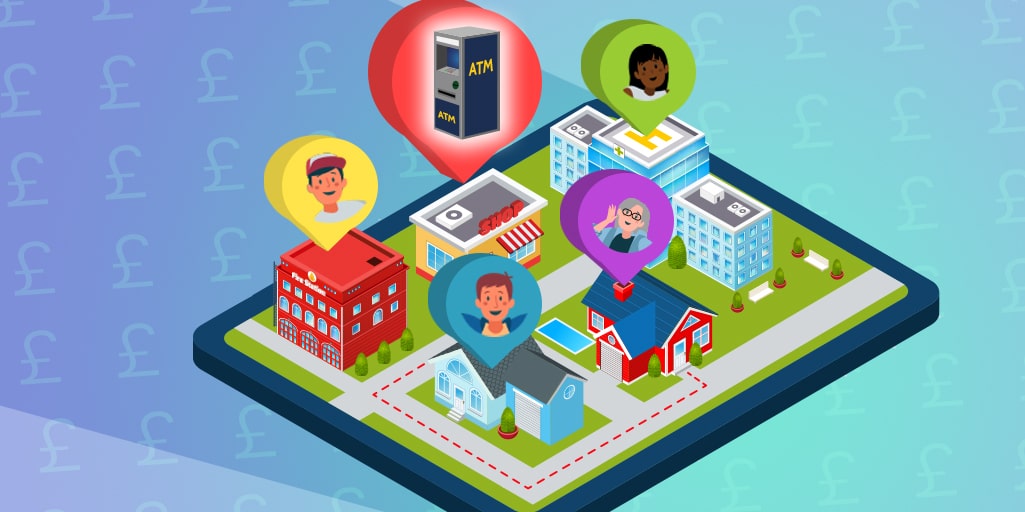Now that’s a question isn’t it… and do we actually consider the cost of convenience on a day to day basis? Would you pay a few pence more to be able to walk 5 minutes to stock your fridge or get that Sunday breakfast you know you shouldn’t have? And are the costs for this convenience actually that different?
In a recent report from lovemoney.com it would seem that this is the case for using a ‘local’ store, the highest local to superstore price difference being 8.8%.
The cash machine convenience…
And so to the ATM and the costs of using it. For the vast majority of the UK, ATMs are free to use, and this continues to be the preferred route for cash users going forward. However, the landscape is changing and with so many banks withdrawing their cash machine presence from rural communities, it’s good to know that companies like Euronet are able to back fill locations so that the consumer will always have access to cash!
In regards to the cost of convenience, MP, Liz Saville Roberts said, “When banks close, they are closing two or three branches at a time. Since 2015 we have been campaigning to get more cash-points as the number of ATMs is important. If you only have one and you run out of money, they then have nothing for days and for miles.”
In a recent mini survey conducted by YourCash Ltd, they asked their followers, would you pay a small withdrawal fee to stop the cash machine in your community from being removed? 60% voted yes and 40% voted no. So it then begs the question, are more people becoming open to the thought that there is a cost of convenience?
The cash convenience…
A quote in The Independent in 2019 suggested that 2.2 million people in the UK rely on cash for their everyday spending. For 25 million people in Britain, or 47% of the population, living in a cashless society would present real challenges. And the reason is that cash is tangible.
It’s the physicality of cash which is important, you can hold it, feel it, count it and then when it’s gone, it’s gone; you can only spend it once. It’s a reliable asset to have. Not to mention, recent IT failures have led some to question whether digital could ever replace cash. If digital payment systems failed, how would we cope?
So, with the ongoing need for cash, it justifies the convenience of the trusty cash machine.
To the 2.2 million people in the UK, relying on cash every day, what would you pay for the cost of cash convenience?


